This is a pretty simple question and I'm assuming the answer is "It doesn't matter" but I have to ask anyway...
I have a generic sql statement built in PHP:
$sql = 'SELECT * FROM `users` WHERE `id` IN(' . implode(', ', $object_ids) . ')';
Assuming prior validity checks ($object_ids is an array with at least 1 item and all numeric values), should I do the following instead?
if(count($object_ids) == 1) {
$sql = 'SELECT * FROM `users` WHERE `id` = ' . array_shift($object_ids);
} else {
$sql = 'SELECT * FROM `users` WHERE `id` IN(' . implode(', ', $object_ids) . ')';
}
Or is the overhead of checking count($object_ids) not worth what would be saved in the actual sql statement (if any at all)?



